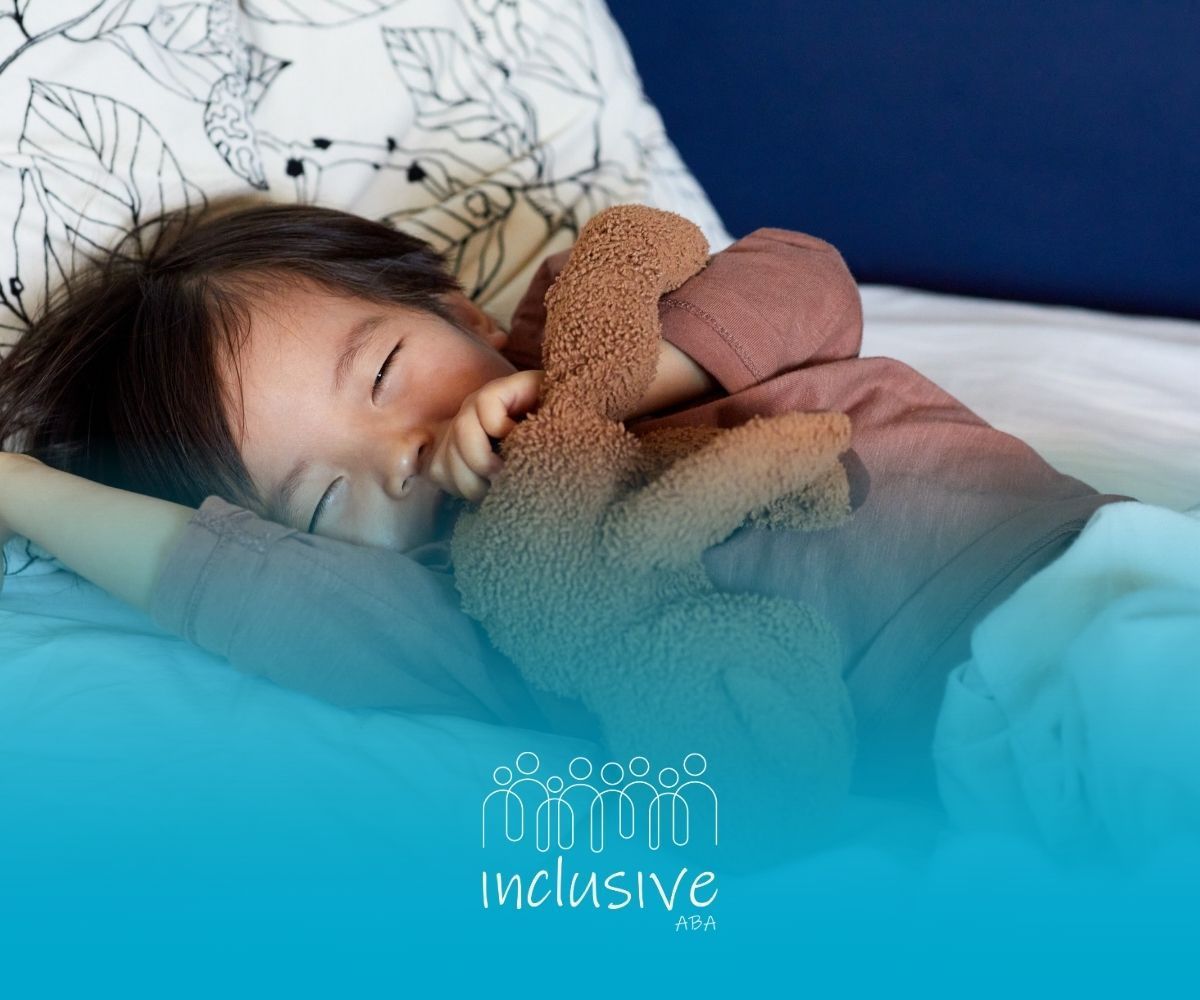Why Autistic Kids Can Be Deeply Attached to Their Parents—In Their Own Way
Autistic children can form strong attachments to their parents. However, these bonds may look different from those in neurotypical children due to unique communication and social interaction styles.
Attachment in Autistic Children
Studies indicate that while autistic children may display attachment behaviors differently, they are still capable of forming secure bonds with their caregivers.
A systematic review found that approximately 47% of children with autism were categorized as securely attached, slightly less than the 60% observed in the general population.
These children might not always seek comfort in traditional ways, such as eye contact or verbal cues. Instead, they may show attachment through actions like staying close to their caregiver or seeking physical proximity during times of stress. It's important to recognize and respond to these unique expressions of attachment.
How to Support Secure Attachments
Parental sensitivity plays a crucial role in fostering secure attachments. Caregivers who are attuned to their child's needs, even when expressed differently, can strengthen the parent-child bond.
Programs like Circle of Security Parenting (COSP) have shown that enhancing caregivers' understanding of attachment needs can improve both the child's emotional regulation and the parent's mental health.
Autistic children may express attachment in ways that differ from neurotypical children, but these bonds are no less meaningful. By recognizing and valuing these unique expressions, parents can nurture a secure and supportive relationship with their child.
If you're seeking support in Nevada, Nebraska, Colorado, Utah, Iowa, Ohio, Inclusive ABA offers compassionate and individualized ABA therapy services to help your child thrive. Our team is dedicated to fostering meaningful connections and supporting your family's journey.
FAQs
Can autistic children form secure attachments?
Yes, many autistic children form secure attachments, though they may express them differently than neurotypical children.
How can parents support their child's attachment needs?
By being sensitive and responsive to their child's unique ways of seeking comfort and connection.
Are there programs to help parents understand their child's attachment needs?
Yes, programs like Circle of Security Parenting (COSP) are designed to help caregivers understand and support their child's attachment needs.
Looking for Expert Help? We're Here for You!
Our compassionate and skilled team is devoted to enhancing your child's development through customized ABA therapy. Let us partner with you to create a supportive environment for your child's success.
Discover how we can help your family thrive with expert ABA therapy.
Related Posts







